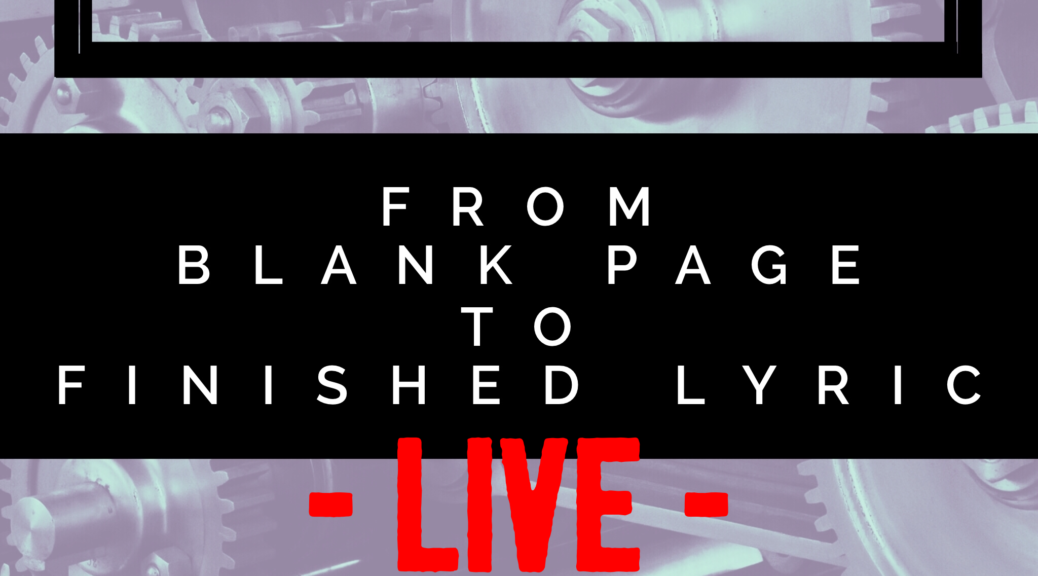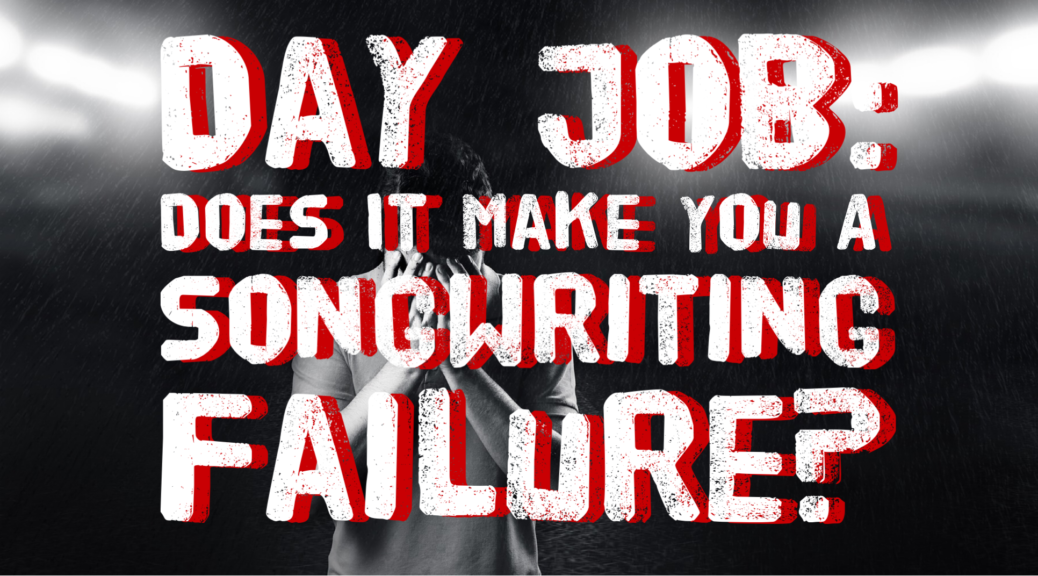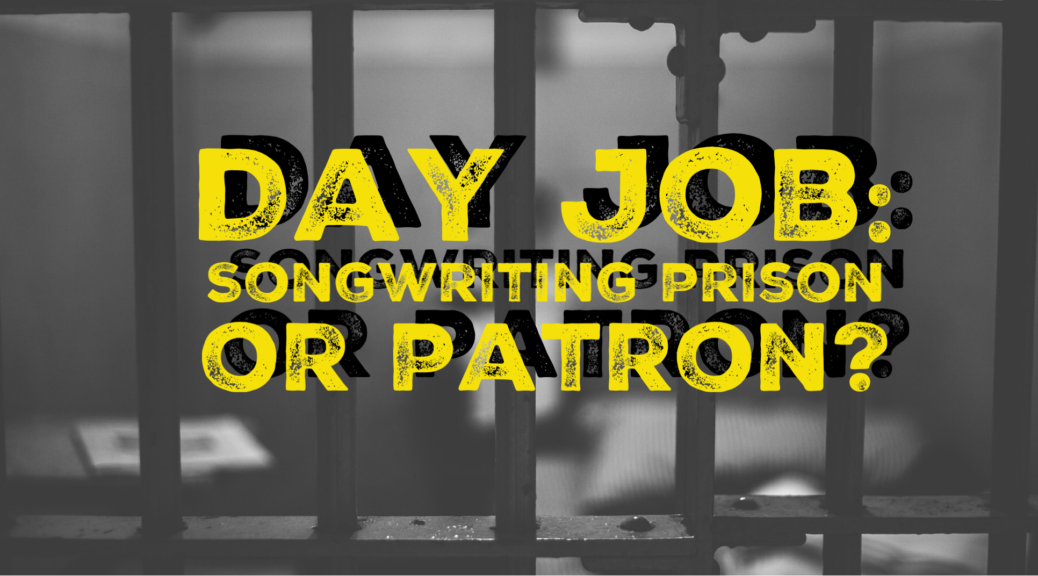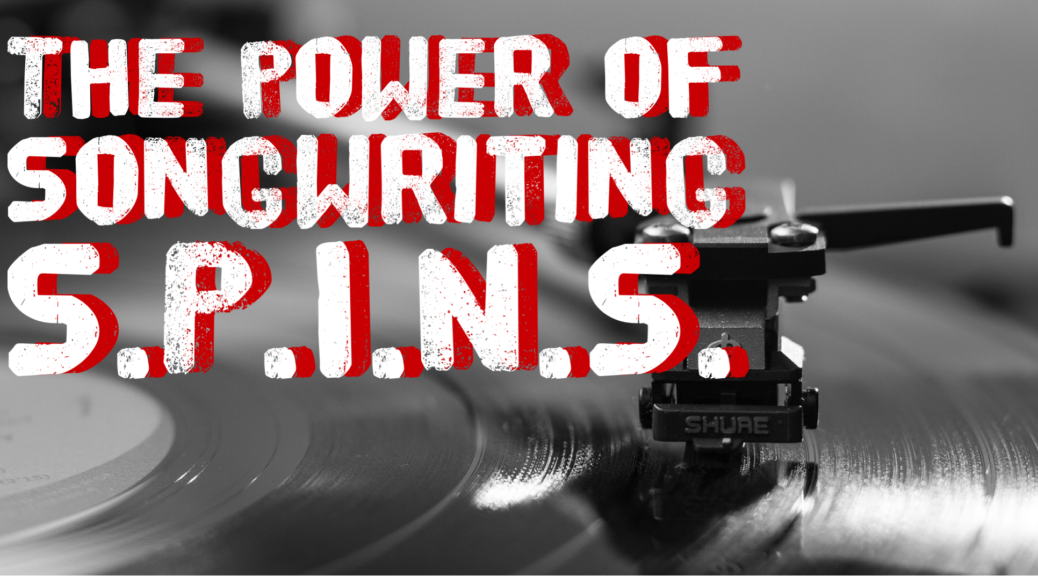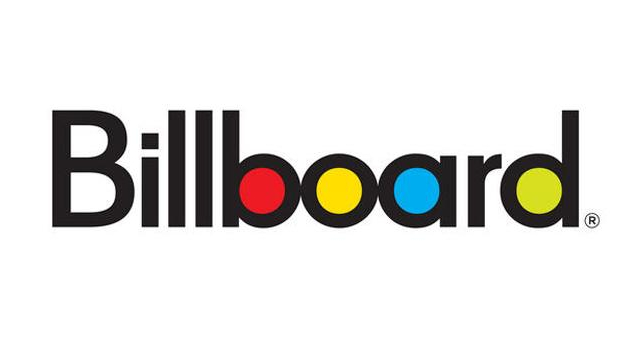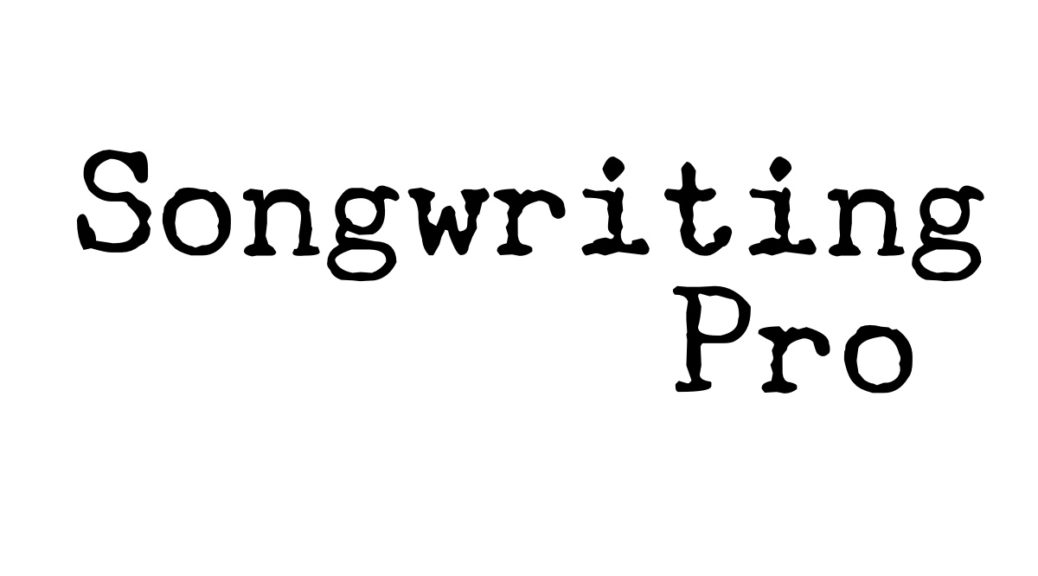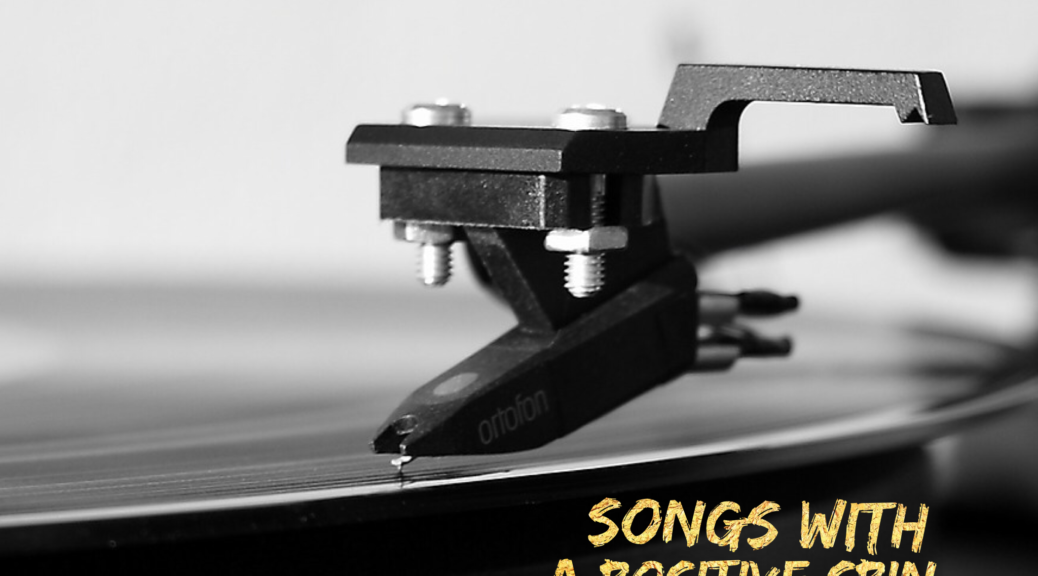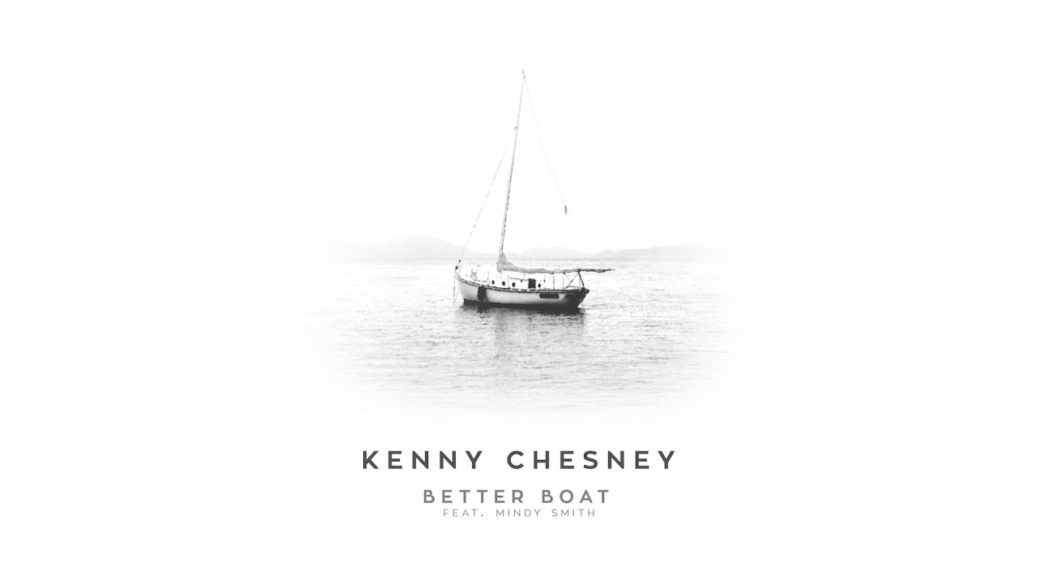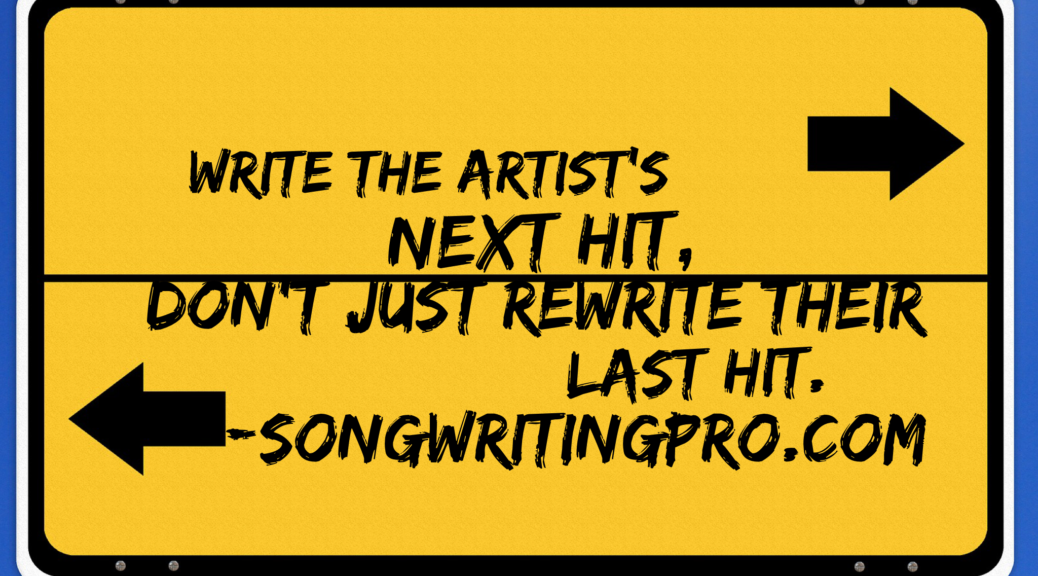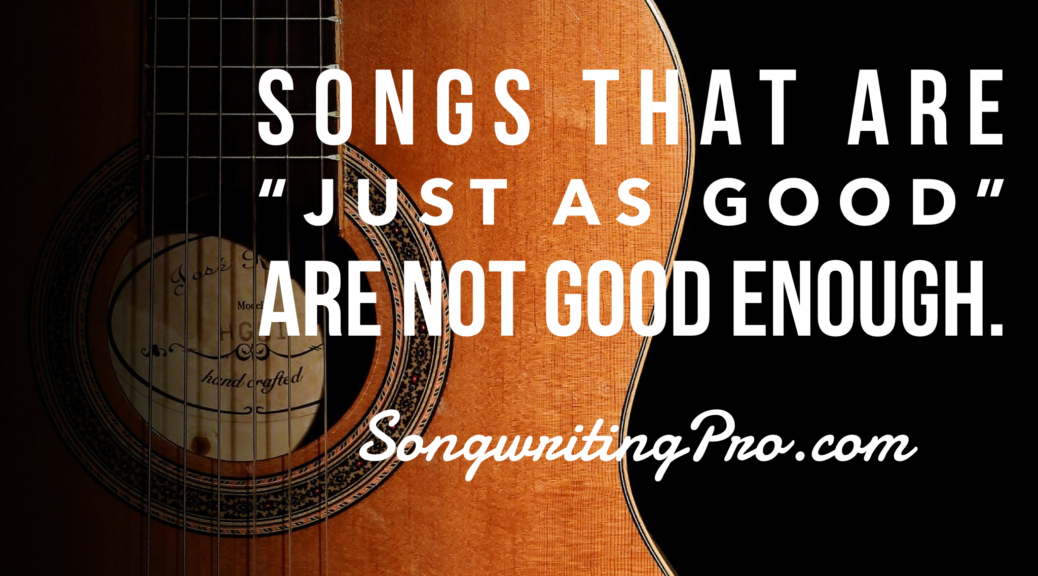Are you ready to get more & better song ideas? And do you want to turn those cool ideas into great songs that impact the listener and make artists want to record them?
If you do, then you’re in luck! But you’re also running out of time.
Ready to Build A Hit? Read on.
________________________________
To BE a pro, you need to THINK like a pro, and this FREE ebook will help transform your thinking, your songwriting, and your success. Get it today!
_________________________________
Nothing can accelerate your songwriting career like consistently finding and finishing great song ideas. It’s what every cowriter wants and what every music publisher and artist needs. And if you can do that, they’ll need YOU.
Having the right idea when you walk into a cowrite is a huge deal. Your cowriter, after some chit chat, will probably say, “So… got any ideas?” Your answer to that question will not only set the course for that day, it may be the difference in getting ANOTHER day with that cowriter or not.
Avoid the embarrassment of not having any song ideas. Be confident and prepared with not just one, but several strong song ideas every time you walk into the writing room.
But it’s not enough to just have a good song idea. There are many ways to write an idea. If you want cuts, HOW you decide to write your ideas will have a major impact on the commercial strength of your song. Attitude, point of view, imagery, timeframe… they all have an impact on how much impact your song will have in the market (whether that means in a publisher’s office or on the concert stage).
It’s time to stop writing songs that get ignored. It’s time to get noticed.
In July, I’m hosting the “Build A Hit” online workshop series, but THE DEADLINE IS TODAY.
In this transformative workshop, you’ll learn a repeatable process you can use to writer better songs again and again.
In our time together (live and face-to-face online), I will reveal:
1. How to consistently find new and exciting hooks, titles and ideas, again and again.
Be confident when you sit down to write or walk into a cowrite, knowing that you have ideas and hooks you can’t wait to write. Become the writer people call because they know you’ll bring great hooks.
2. How to focus titles and hooks into compelling, killer song ideas.
This clear vision for your songs will help you write them with energy, confidence and enthusiasm. Your songs will be easier to write, they’ll be better, and cowriters and publishers will love you for it.
3. How to build your songs for maximum commercial impact and appeal.
Write songs that artists want to sing and fans want to hear again and again. Touch people with your music. Be seen and recognized as the pro that you’ve become.
4. How to overcome creative roadblocks and finish your best songs.
Feel the accomplishment that comes with finishing songs you love and being able to share them with the world. Become a valued and respected songwriter – because cowriters and publishers know you can see a song through from beginning to end.
This course is designed to take you from a blank page to a new song idea to a fully developed concept to a finished lyric.
This course is INTERACTIVE! You won’t sit back and just stare at a talking head for an hour-and-a-half. You won’t be some number on a screen. No. We’ll be face-to-face. I’ll ask you questions. You can ask me questions. We’re in this thing together. That’s why I keep this workshop small- I want to get to know YOU!
We will meet online once per week for 4 weeks. Each session is 1 1/2 hours, for a total of 6 hours. We use an online video-conference platform, which means you can join us from anywhere in the world with an internet connection! You can be in Nashville or across the globe! (Although you can also join by calling from your phone.)
Space is limited, and THE DEADLINE TO SIGN UP IS TODAY! Don’t miss your chance.
If you want to join me on a journey that will help you think and write like a pro songwriter, click on the link below. Spots are limited for this event, and I only host it twice a year. Miss out, and it’s gone for another 6 months. Don’t delay. Transform your songwriting today..
DON’T MISS OUT- CLICK HERE TO TAKE ADVANTAGE OF THIS GREAT OPPORTUNITY.
God Bless and Enjoy the Journey,
Brent
Brent Baxter is a hit songwriter with cuts by Alan Jackson, Randy Travis, Lady Antebellum, Joe Nichols, Gord Bamford, Ruthie Collins, Ray Stevens, and more. He’s written a top 5 hit in the US, a #1 in Canada & a top 10 in Texas… so far. He also hosts a top-rated songwriting and music business podcast called, “The C.L.I.M.B.” which can be found on iTunes or your favorite podcast app.


